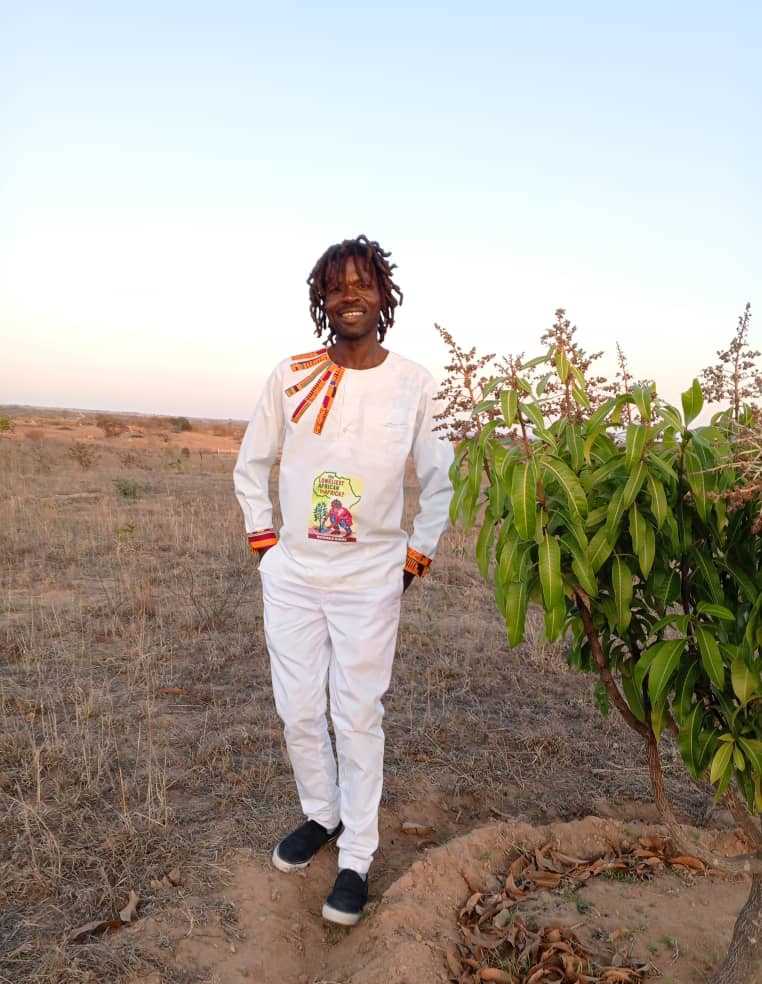
Edmore Zvinonzwa
For his convictions and life principles, Macdonald Mamina - "The Loneliest African in Africa?" - has been given various labels.
Different he is, as he doesn't follow the tide but chooses to tread his own path, championing Africanness.
Mamina's description of himself is to the point - a sustainability specialist, environmentalist, who also shares his ideas through writing, for posterity.
"I am a conscious African who is proud of his tradition and culture. I am also a sustainability solutions specialist, whose mission is to help my family, and millions of Zimbabweans become financially literate, environmentally responsible, and have a fruitful future.
"Our clients call me Chibaba Chemiti and I wish people call me the same when we meet in the streets.
"I write books to ensure my thoughts outlive me," Mamina told Zim Now.
Mamina, a soil scientist after graduating with a BSc degree in Agriculture (Soil Science), runs an organisation, Planet Plus Sustainability Solutions, at his rural home in Chivhu.
Planet Plus Sustainability Solutions, he said, has a number of core objectives, including ultimately "greening" Zimbabwe.
"Our departure point for sustainability is planting trees. Trees are a potent and practical solution to climate change, they naturally keep soils fertile and control soil erosion. Soil (land) is the biggest asset we can leave for our descendants.
"Trees also solve most of our problems - nutritional, health, environmental and social (lovers under the tree!). and they cure the widespread disease of short term thinking, particularly in Africa. Our indigenous fruit trees give us chemical-free food that is also our medicine," Mamina narrated in an interview.
Planet Plus Sustainability Solutions' vision, as the organisation spreads its footprint in Zimbabwe and beyond, Mamina told Zim Now, is to add sustainability to the returns of its clients' enterprises today and tomorrow, ultimately helping them to have a fruitful future.
His book, The Loneliest African in Africa?, Mamina added, is a book that will make you laugh your lungs out, as well as pace the room, bang the table, and shake your head in disbelief.
Related Stories
"Reclaiming African identity, culture, diet, and religion is no easy task in the face of mass indoctrination with Western identity (including Western names), culture, diet, and religion is not an easy feat. It requires UNLEARNING a lot of what we have been taught from childhood and then RE-LEARNING.
"So, the values have not been easily accepted, with most people finding it difficult or impossible to challenge the mass indoctrination.
"However, as Zimbabweans, our economic challenges will never end if we are busy buying Western culture and rejecting our own culture. We queue to give Europeans money, while we cannot even sell out culture to each other, not to mention globally, when we feel ashamed of being African.
"The same applies to our environmental and health problems," he said.
Mamina wishes his message goes beyond those who already question the status quo.
"To have significant impact, the book needs to get into the school system, and catch young minds early before mass indoctrination with Eurocentric values takes root," said Mamina.
The soil scientist also talks about the impact of soil pollution.
"Soil pollution translates into pollution of our drinking water, our trees and crops, our livestock and our fish! To pollute the soil is to pollute ourselves. Plastic pollution is a menace to the soil, and a menace to ourselves! We become plastic people, eaten by cancer, and gasping for air from respiratory illnesses,"
Wading into responses and adaptation to climate change, Mamina believes Planet Plus Sustainability Solutions is already playing a critical role.
"The possibilities are limitless. We will lead by example at our rural homestead, which we are moulding into a permaculture education centre, and a rural tourist attraction. All the firewood we use must come from the trees planted by us!
"From our rural home, we aim to influence policy change, starting from the local level. For example anyone who uses firewood to bake bricks must be obliged to plant 50 indigenous trees by local law, enforced by the village head. That way, we do not deplete our natural forests and ecosystems," Mamina said.
He said that communities remain central in championing waste management, a critical issue most local authorities are battling with, noting, sadly how humanity contributes to the problem in the first place.
"If we continue to take a negligent attitude towards waste management, then we will be worse than pigs! We use diapers, throw them at the rubbish dump and say we are hygienic?"
Mamina added that city dogs tear the diapers apart, leaving the filth for the flies. The diapers themselves contain a plastic component, which remains in the soil for eternity, affecting humanity all through.










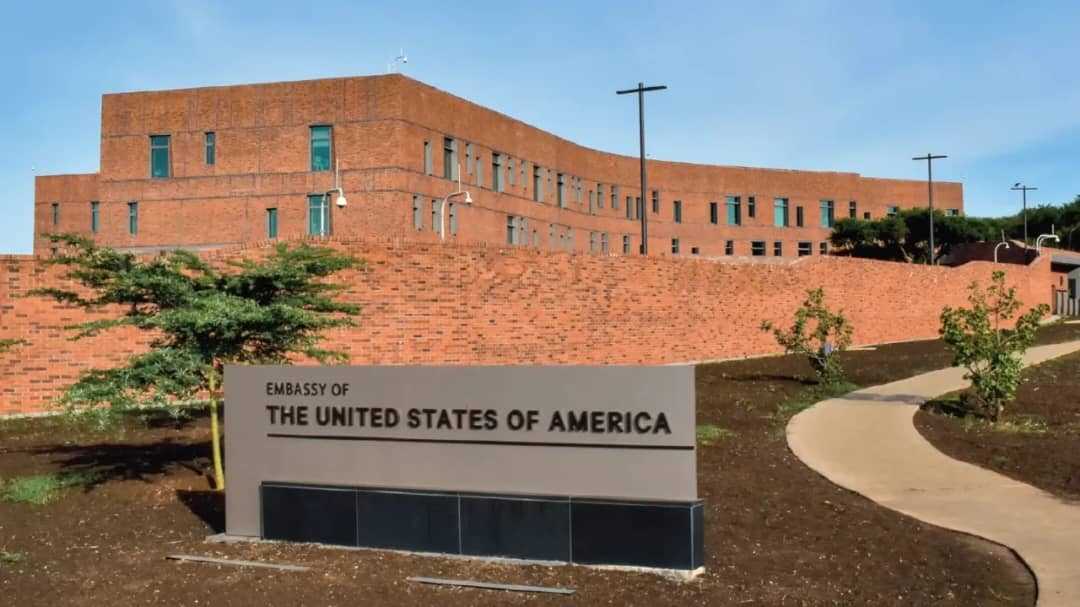
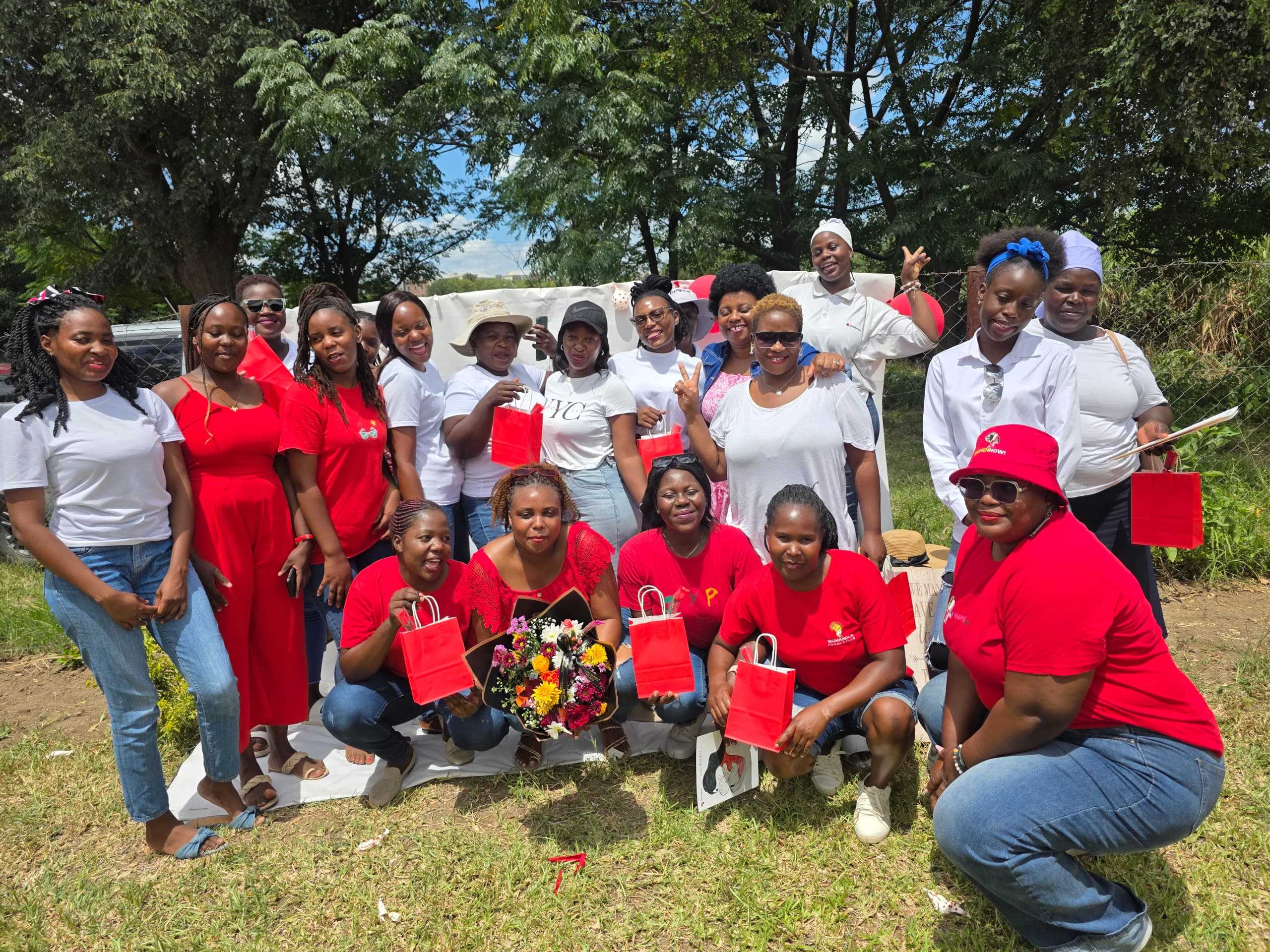


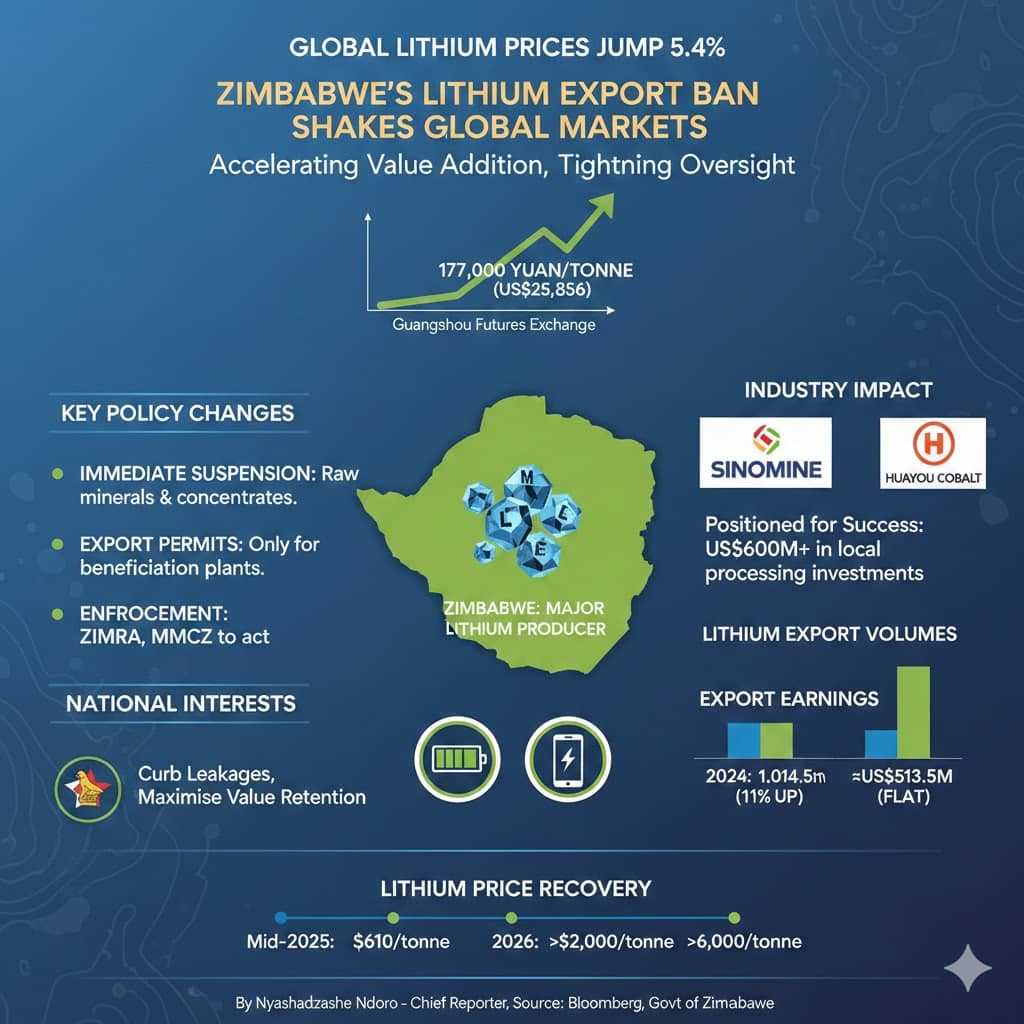
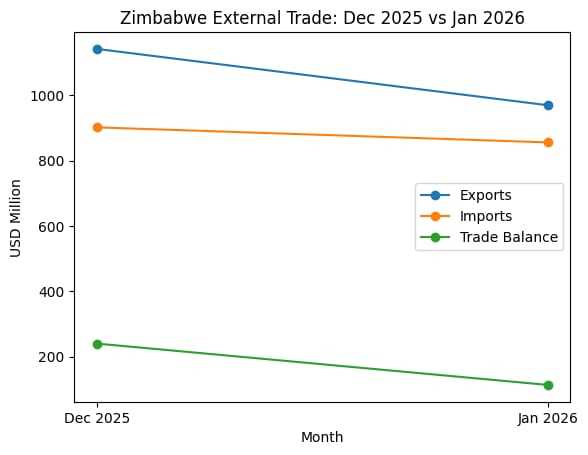
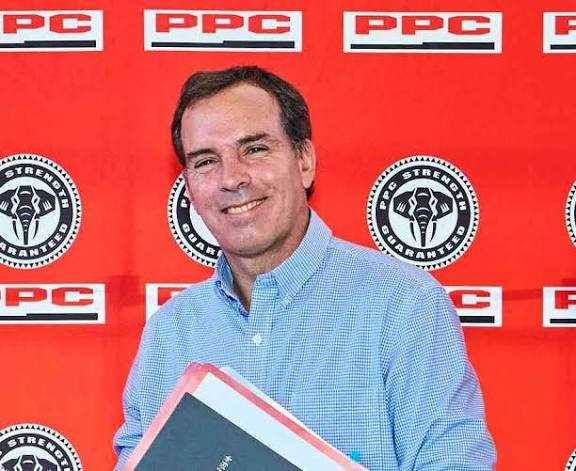


Leave Comments